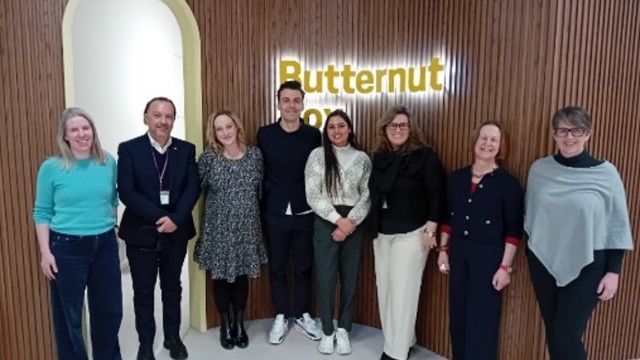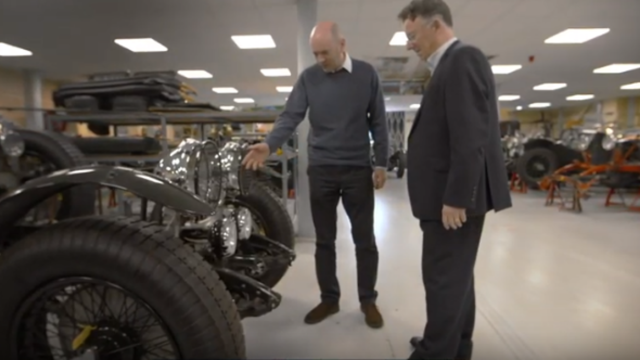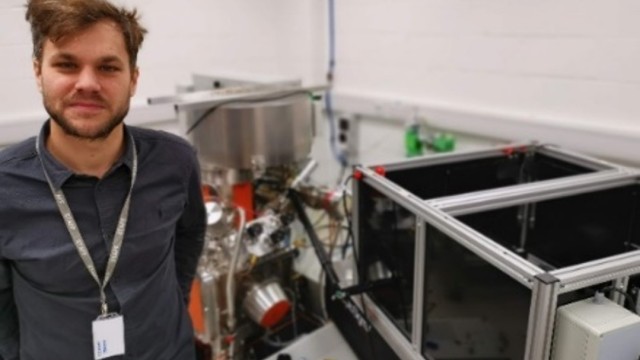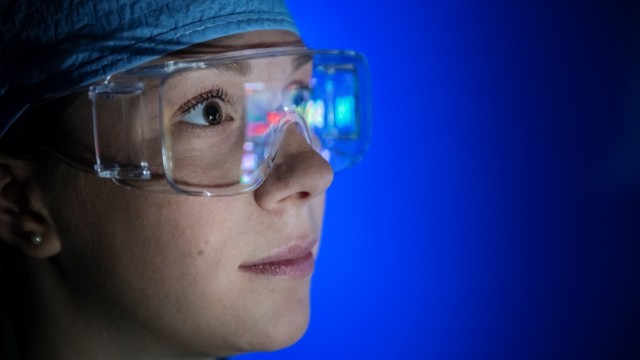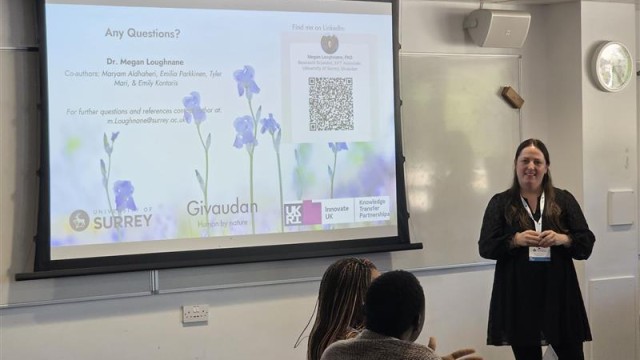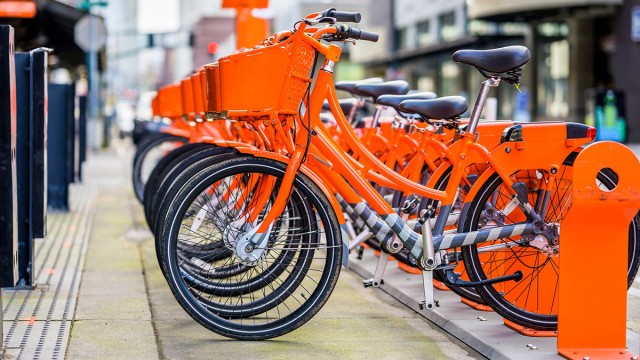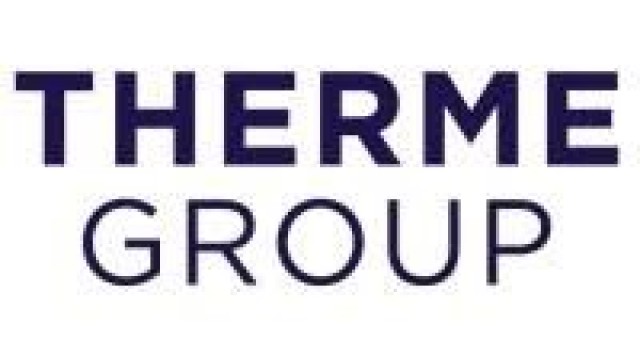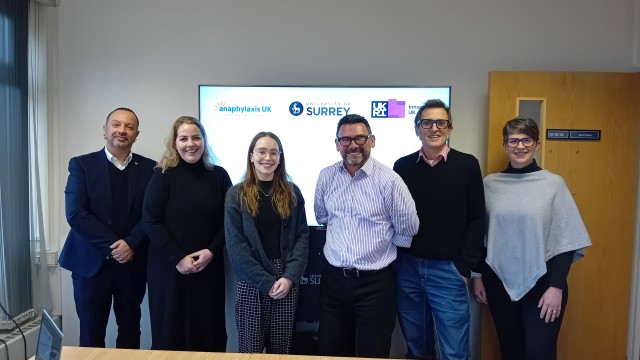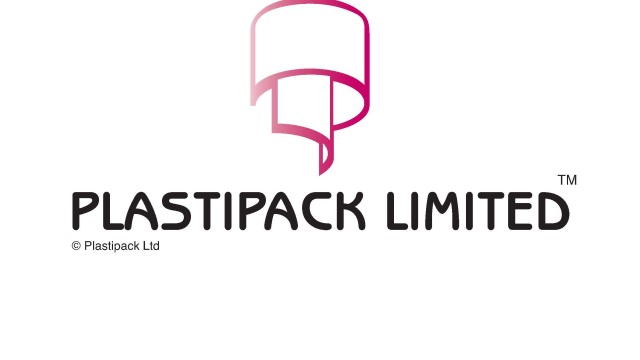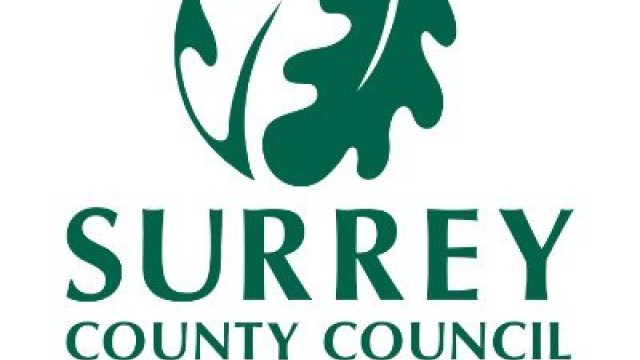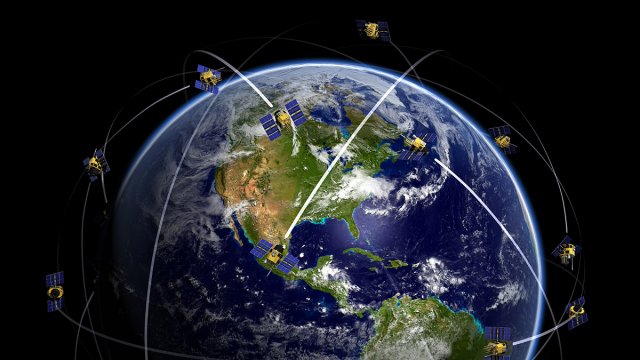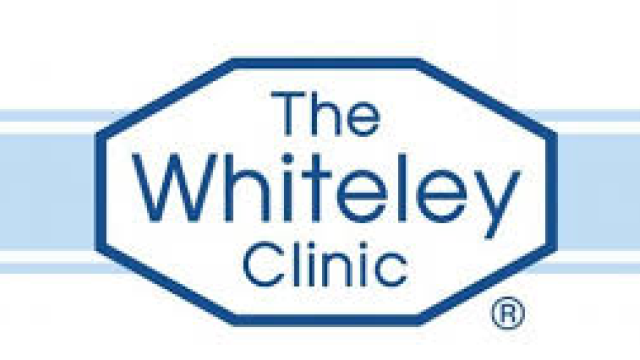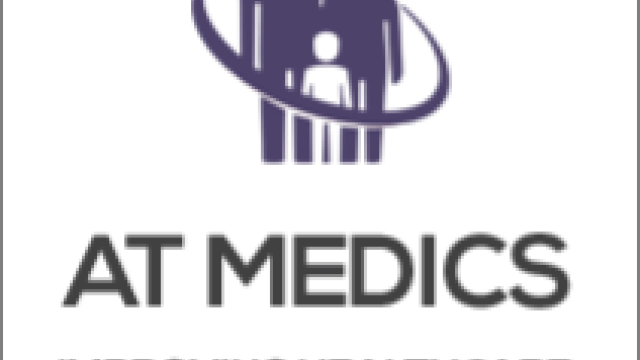
Funding collaborations
Transform your innovation ideas into funded reality
Whether you're exploring KTP opportunities, other Innovate UK grants, or collaborative funding options, we'll help you identify the right opportunities and develop compelling proposals tailored to your innovation needs.
Our innovation experts have achieved a 100 percent success rate with Knowledge Transfer Partnership (KTP) applications for over 12 years.
Book a discovery call
50 years of innovation excellence
How KTP works for your business
We help you scope a KTP project that addresses your specific innovation challenges.
Our process includes:
- Connecting you with a dedicated academic support team
- Implementing innovative solutions with real-world commercial impact
- Identifying a highly qualified graduate or postgraduate embedded within your organisation
- Creating a unique three-way partnership that leverages cutting-edge research
Our innovation experts provide comprehensive support, ensuring a smooth journey from project inception to successful completion.
Transform your business with KTP
Jointly funded by Innovate UK and your business, KTP offers transformative opportunities for companies of all sizes:
- Develop & Disrupt
Create innovative products, services, and processes that disrupt markets, capture new customers, and boost competitiveness. - Streamline & Save
Improve operations, reduce costs, and enhance efficiency for better profitability and sustainable growth. - Access Expertise
Tap into cutting-edge expertise and facilities that would otherwise be out of reach, giving you a crucial competitive edge. - Develop Talent
Build the skills of highly qualified graduates while contributing to the UK economy and your future workforce.
Innovate UK Application Support
Our Surrey Innovation & Enterprise Hub experts specialise in business-led collaborations. We help your organisation work with our academic experts and successfully apply for Innovate UK grants and funding for your innovation projects.
Innovate UK is the UK’s innovation agency and part of UK Research and Innovation, a non-departmental public body funded by grant-in-aid from the UK Government. Innovate UK drives productivity and economic growth by supporting businesses to develop and realise the potential of new ideas, including those from the UK’s world-class research base.
Explore the latest Innovate UK funding competitions.
Discovery sessions
Discover your potential
Let us help you to explore your needs and identify collaboration pathways that support your business growth.
Get connected
We facilitate introductions to our academic experts and provide hands-on technical workshops using our proven collaboration toolkit.
Our business-led collaboration toolkit
Our comprehensive collection of documents, templates, and videos gives academics and businesses a competitive advantage in securing public funding for business innovation.
Our research expertise:
Faculty of Engineering and Physical Sciences
- Connected systems
- Future electronics
- Communication technologies
- Computational fluid dynamics and environmental flow
- Visual and audio analysis
- Nuclear science
- Made-to-measure materials
- Sustainability, environment and resilience
- Engineering for health
- Space and aerospace
Faculty of Health and Medical Sciences
- Chronobiology and sleep
- Digital health and data science
- Educational research
- Healthy ageing and supporting long-term conditions
- Individuals, organisations and society
- Infection and immunity
- Nutrition and food security
Faculty of Arts, Business and Social Sciences
- Living and working in the digital age
- Society, economy and sustainability
- Innovative methodologies
- Crime, security, and justice
- Inequalities, governance, and wellbeing
- Cultural practices
Cross-faculty research
Our pan-university Institutes represent priority areas of critical mass. Interdisciplinary collaboration and industry engagement will enable us to break new ground in world-class research. Our Institutes include:

